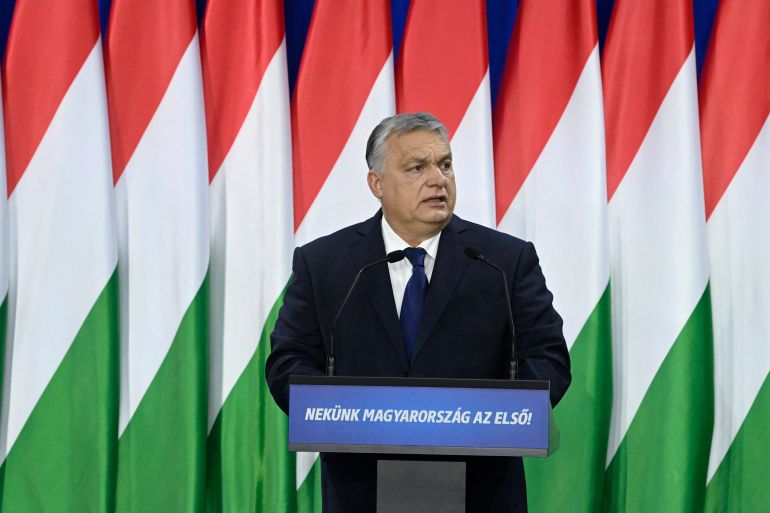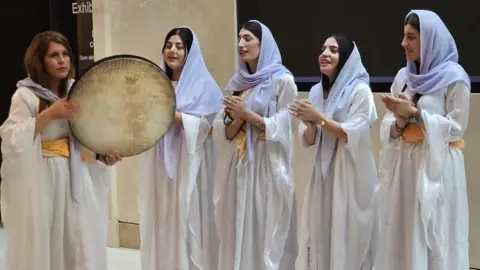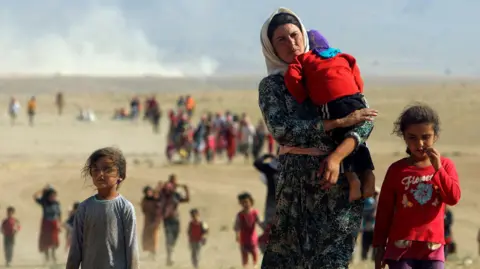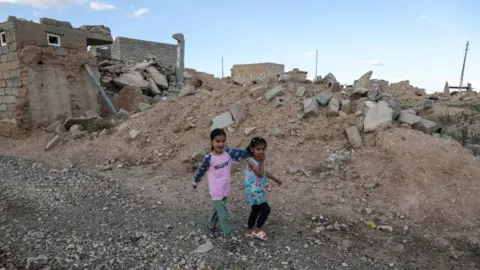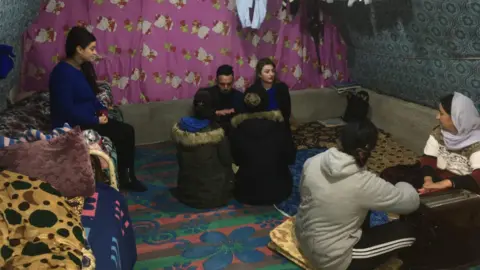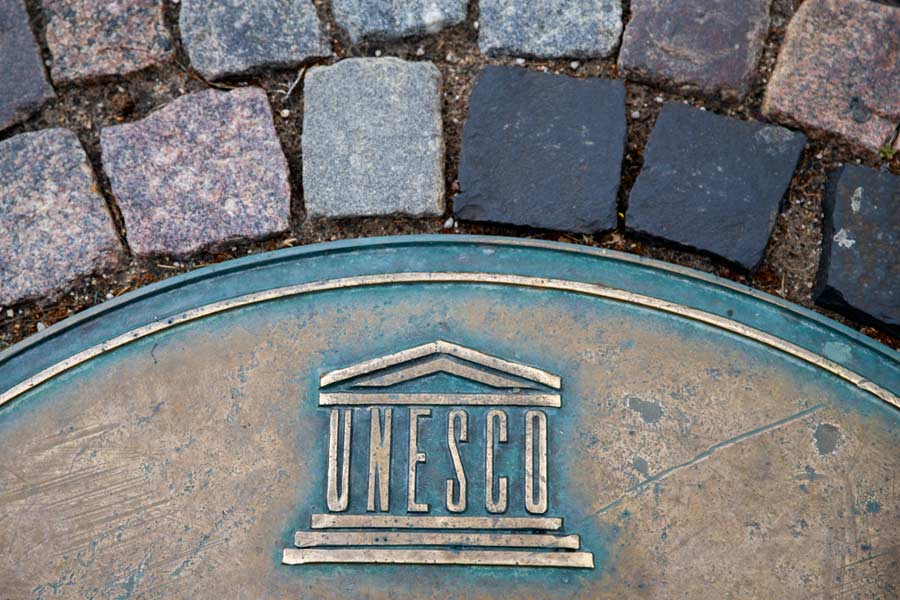No Other Term But Genocide Describes Gaza Situation, UN Rapporteur Says
June 29, 2024
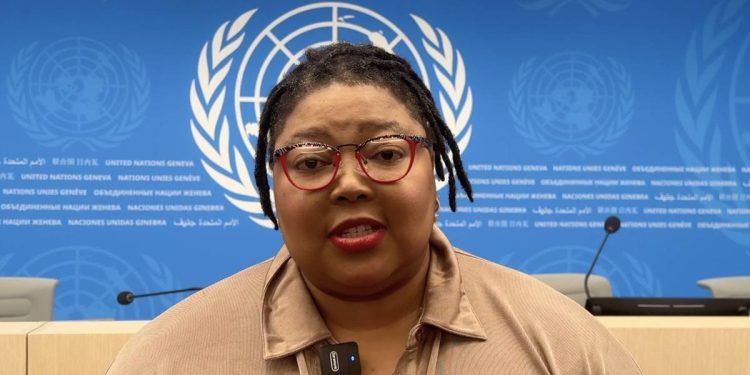
GENEVA, SWITZERLAND - APRIL 24: United Nations (UN) Special Rapporteur on the Right to Health, Tlaleng Mofokeng, speaks during an exclusive interview on the developments in Gaza and the current situation in the health infrastructure there, in Geneva, Switzerland on April 24, 2024. (Photo by Muhammet Ikbal Arslan/Anadolu via Getty Images)
United Nations Special Rapporteur on the right to health, Tlaleng Mofokeng, articulated her profound concern over Gaza during the 56th session of the United Nations Human Rights Council in Geneva.
She said, criticizing the U.S. resolution to ban the use of Gaza death toll, “When a population faces systematic extermination, what other term than genocide can adequately describe it?”
Mofokeng’s remarks, underscored the dire conditions in Gaza, emphasizing the stark realities of survival amidst acute shortages of essential provisions. She cast lights on the scarcity of basic necessities such as food, potable water, and secure housing, which have amplifyed the plight faced by Gazans during the current Israel’s war.
Highlighting the severe psychological toll inflicted by persistent Israeli airstrikes, Mofokeng pointed out the widespread trauma gripping the population. She stressed the reliance on reports from the World Health Organization (WHO) and humanitarian agencies for updates on the status of healthcare facilities in Gaza, underscoring the critical humanitarian crisis unfolding in the region.
“When they (hospitals) cannot get supplies and essential medicines, and when healthcare workers themselves are being killed and harassed, it makes the attacks on the right to health even more prominent,” she stated.
The rapporteur stressed that there is still no estimate regarding how long it will take to rebuild Gaza’s health infrastructure
Mofokeng asserted the importance of a global discussion on recognising the events in Gaza as “genocide” and holding the perpetrators accountable in international courts.
Her remarks came after U.S house representatives voted on resolution to bar international budget funds to cite Gaza death toll.
Observes deemed this resolution as a step to hide and silence discussions about the impacts of Israel’s devastating war.
US Congresswoman Rashida Tlaib slammed the vote as “Genocide denial, saying “There is so much anti-Palestinian racism in this chamber that my colleagues don’t even want to acknowledge that Palestinians exist at all. Not when they’re alive, and now, not even when they’re dead. It’s absolutely disgusting. This is genocide denial.”
Shortlink for this post: https://daysofpalestine.ps/?p=54671
Poll: 66% of Israelis Prefer Netanyahu Leaving his Post
A poll published Friday by Israeli private Channel 12 revealed that 66% of Israelis want Netanyahu to retire and not run for a seventh term as prime minister while only 72% of respondents support him staying in power and running for a new term.
The results cast laights on Netanyahu’s reluctance to hold early elections with no imminent prospects of a vote in ‘Israel’, which has faced international condemnation amid its ongoing brutal offensive on the Gaza Strip since an October 7.
Netanyahu’s war on Gaza has so far killed more than 37,700 Palestinians most of them women and children, and over 86,500 injured, according to health ministry in Gaza.
Over nine months into the Israeli war, Gaza has become a landscape of ruins amid a crippling blockade of food, clean water and medicine.
Gonen Ben Itzhak, a former member of Israel’s Shin Bet internal intelligence agency, railed once against Netanyahu in an interview with the French news agency AFP, accusing him of propping up Hamas while seeking to stymie any peace process in Gaza so that he could stay in power.
“Netanyahu thinks only about himself, about his criminal problems, how to survive politically in Israel,” he added.
On contrast, a poll conducted by Jerusalem Media and Communication Centre earlier this month showed that a significant shift in the Palestinian political landscape has taken place with indications that the recent war in the Gaza Strip has bolstered Hamas’ political stance.
40% of respondents believed the October-7- attack and the war that followed has served Palestinian national interests.
PCPSR-KAS poll conducted in April also showed that 41% expected the current war to end in favour of Hamas, while 59% of Palestinians believed Hamas should govern the Gaza Strip after the current war. Only 11% want PA Mahmoud Abbas to administer the enclave.
Shortlink for this post: https://daysofpalestine.ps/?p=54702
